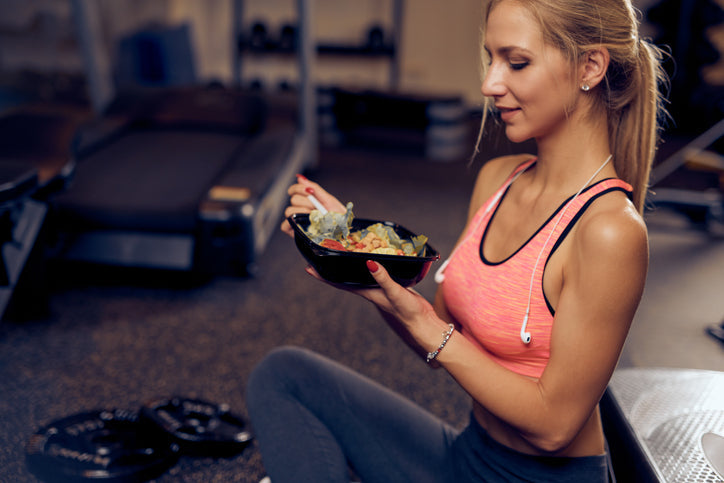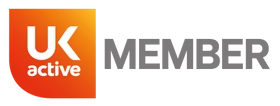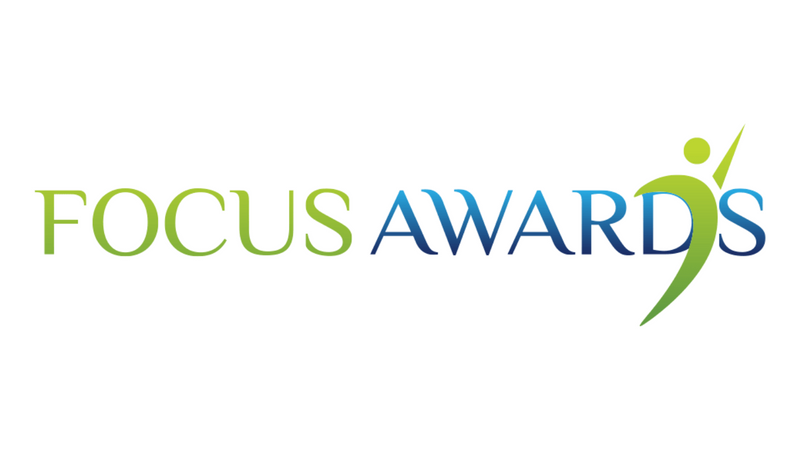(Article by Hannah Groves with Heather Walker)
A common question asked by clients to Personal Trainers is what should be eaten prior to a workout as good nutrition can help people perform better and recover faster after each workout. Whilst the answer depends on the clients goals I asked Personal Trainer and Study Active Assessor Heather Walker how she would approach the question of ‘what is the best pre workout meal and what advice she would give.
IMPORTANT: The ideas in this article are purely for information only – please do not start an exercise programme until you have completed a PAR-Q and, if necessary, received medical clearance. Always warm up and cool down and never do any exercise that you are unsure of without the support of a qualified professional.
What are your top tips on what to eat before a workout?
Exercise requires energy, therefore it is important to ensure that before a workout your body is adequately fuelled. The body uses fuel in the form of glycogen, which is obtained from the food that we eat. The type and amount of fuel that you need will depend on the type, intensity and duration of exercise that you are doing.
Before any type of training, you need to ensure that your glycogen stores are full, and that you are sufficiently hydrated. Ideally you should consume a meal consisting of complex carbohydrates (bread, rice, pasta, potatoes) and protein about 3 hours prior to exercise, to allow time for digestion. However, if there is not enough time, you could consume a smaller meal made up of more simple carbohydrates, such as fruit. For more advice on how food timing can support energy and recovery, check out the Royal Society for Public Health (RSPH) for helpful resources.
You should avoid eating meals high in fat for at least an hour before exercise, as fats take longer to digest, so the body won’t be able to digest and absorb them in time for the workout.
Similarly you should avoid any processed sugars before a workout, as these cause a short-term energy spike and could then cause you to crash part way through your workout.
Also make sure you have drunk enough water to avoid dehydration whilst exercising.
At the end of the day, a good pre-workout meal should give you the energy you need to train hard, without leaving you feeling too full or sluggish. If you’re looking to brush up on the science behind nutrition and fuelling your workouts, the Association for Nutrition is a great place to explore expert-backed guidance.
What is the best pre workout meal for someone completing a half marathon?
For any exercise that is going to last more than 90 minutes, it is especially important to ensure glycogens stores are full. To help with this, it is a good idea to reduce training in the week leading up to an event and increasing complex carbohydrate consumption.
On the day of the event, you should consume a high carbohydrate meal 3-4 hours in advance, which will allow for food to be digested and for blood and insulin levels to return to normal. This meal should be low in fat, protein and fibre. Some good pre-race meals could include:
- Spaghetti or noodles, with lean mince or soya and a vegetable or tomato sauce
- Baked potato with tuna/cheese/baked beans
You could then consume a pre-event snack 1-2 hours before the race, such as fresh fruit and low fat yogurt or a low fibre breakfast cereal with low fat milk.
It would then be advisable to have a small 50g high GI carbohydrate snack just before starting the race. This will allow the carbohydrate to be absorbed quickly, but will prevent the insulin from spiking. Some examples of 50g snacks are:
- 300ml carbohydrate drink
- 75g raisins
- 8 rice cakes
- 500ml fruit juice
What is the best pre workout food for someone wanting muscle gain?
For anyone wanting to gain muscle, you would need to increase your protein intake, however, as with any workout you again need to ensure you have sufficient glycogen stores.
To gain 1lb of muscle per week you need to consume roughly and extra 300-400 calories per day. With this, you should be consuming 1.5 to 1.7g per kg bodyweight of protein per day, however it can take a bit of trial and error to find your exact needs as everyone is different.
Therefore, before a workout you should ensure you consume some complex carbohydrates to help fuel exercise, but also some protein, such as chicken or fish, or beans, nuts and lentils.
If someone was attending the gym before breakfast, do you suggest exercising fasted?
There are people who advocate fasted cardio as a method for increasing weight loss, however it is not something I would recommend. When you exercise you are using energy and if you have not got enough energy in your body this can be quite dangerous. It can cause light-headedness, and even fainting, as well as shakiness and weakness, all of which would not be conducive to an effective workout!
What are effective pre workout carbs?
Some good complex carbohydrate sources that could be consumed about 3 hours prior to a workout are porridge, wholemeal bread, pasta, rice, oatmeal biscuits and potatoes.
Some good simple carbohydrate sources that could be consumed 1-2 hours before a workout are fresh fruit, especially bananas due to their potassium content,
What are good pre workout nutrients?
As well as carbohydrates to provide fuel and protein to help support muscle growth and repair, there are several vitamins and minerals that are beneficial to exercise.
Calcium aids muscular contraction so foods containing dairy would be beneficial.
During exercise there is increased oxidative stress put on the body, so Vitamin C and other antioxidants will help decrease the effects of this. Things like blueberries, bell peppers and citrus fruits are good for vitamin C and antioxidants.
Creatine is believed to help boost performance, especially with weightlifting, although there is limited research available on this. Natural sources of creatine include lean red meat and fish.
With these vitamins, they are not necessarily needed pre-workout, however anyone who participates in regular physical activity should ensure they are consuming sufficient quantities in their diet.
Summary - the best pre-workout meal
Thank you Heather for providing some insight on ‘what is the best pre workout meal’. To recap before any type of training, you need to ensure that your glycogen stores are full, and that you are sufficiently hydrated. Ideally you should consume a meal consisting of complex carbohydrates (bread, rice, pasta, potatoes) and protein about 3 hours prior to exercise, to allow time for digestion. However, if there is not enough time, you could consume a smaller meal made up of more simple carbohydrates, such as fruit.
You should avoid eating meals high in fat for at least an hour before exercise, as fats take longer to digest, so the body won’t be able to digest and absorb them in time for the workout.
Similarly, you should avoid any processed sugars before a workout, as these cause a short-term energy spike and could then cause you to crash part way through your workout.







